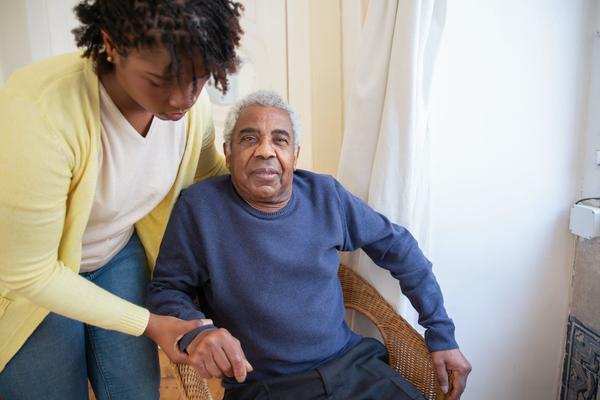
5 Signs of Nursing Home Neglect to Watch Out For
Nursing home neglect is a common and severe problem. It refers to the failure to provide appropriate and necessary care to elderly or disabled people under one's care, supervision, or authority.
This form of abuse can vary in severity, from leaving a patient without food or water to causing physical harm. Nursing home neglect can also lead to serious health problems for the victim.
Unfortunately, nursing home neglect is often overlooked and underreported. As such, it's essential to keep an eye out for the signs of neglect and know what to do if you suspect that someone you love is being abused.
Poor Hygiene
Poor hygiene can be severe, especially in nursing homes. It's important to note that while most people live independently, the elderly population living in nursing homes are not as independent with their personal care activities
Nursing home residents may need help getting into the shower because of physical challenges, such as weakness and balance issues. Some might even require someone else to wash them entirely due to cognitive impairment that affects reasoning and judgment skills. In some cases, residents may not even be aware of their poor hygiene and how it affects others.
When they're neglected and not given the help they need, nursing home residents may develop severe skin conditions like pressure ulcers (bedsores) and infections. These health issues can be harrowing and difficult to treat, especially if they're left untreated for long periods.
As a family member or friend of an elderly loved one living in a nursing home, you should often visit and see if they are clean. Don't let this nursing home neglect continue to happen. If you notice that your loved one is not getting the help they need, talk with the staff and nursing home management as soon as possible.
Unexplained Bruising And Skin Tears
Unexplained head injuries, bruises, or broken bones are indicators that neglect is taking place. These injuries can be caused by many things, including falls, physical abuse, or restraint.
Nursing home staff may not be adequately trained in moving weak or unsteady residents. When this is the case, nursing homes often fail to use proper equipment and techniques when assisting with transfers or ambulation.
They may also neglect restraints procedures and other safety measures, which puts patients at risk for personal injury and fall-related accidents. Improperly securing bed rails and walkers can lead residents to fall out of bed or lose balance as they try to stand up from their wheelchair unassisted. These accidents can cause serious injuries, including broken bones and head trauma.
Be sure to keep an eye out for these signs of mistreatment.
Lack Of Physical Activity
Nursing homes are supposed to encourage residents to be physically active as much as possible for their well-being. If this isn't happening consistently, it's a sign that the facility needs improvement in this area, or there may even be neglect occurring within its walls.
A neglected resident might be left in bed or in a wheelchair without proper movement. It can lead to bedsores and other health issues that the facility can prevent if there is adequate attention to the resident's physical needs.
A nursing home worker should be checking on residents frequently, and if there are signs of neglect, it is vital for family members or loved ones to contact an attorney who can help. If you're ready to take the case to court, research the term “what is malpractice” so you can have a better understanding of your case.
Malnutrition and Dehydration
One common form of nursing home neglect is failing to ensure residents are appropriately fed. Many older people don't have an appetite like someone younger might, so they need to eat more often because their metabolism slows down as they age.
Also, some residents may forget how to feed themselves if they have dementia, so it is essential for the staff to help them while eating meals and snacks. If a resident needs assistance with feeding but isn't getting this type of care, it could result in malnutrition – which can be deadly.
Signs that a loved one may not eat enough food or drink enough fluids include rapid weight loss, sunken eyes, and dry skin.
Confusion and Agitation
When your loved one begins to show signs of agitation and confusion, it may be a sign that they are being neglected in their nursing home. This restlessness may signify that their physical needs are not met or treated with respect. Perhaps, they get bullied by other residents or even by staff.
The Bottom Line
Nursing home neglect can take many different forms, from intentional abuse and mistreatment to failing to provide the necessary level of care. When signs of nursing home neglect are present, it is crucial to take action and speak up for those who may not be able to do so themselves. By being aware of the signs of nursing home neglect, you can help protect your loved ones and ensure that they receive the quality care they deserve. A bonus to look out for is if they have people who are there to specifically look after them and care for their needs that can update you regularly like a hospice case manager.